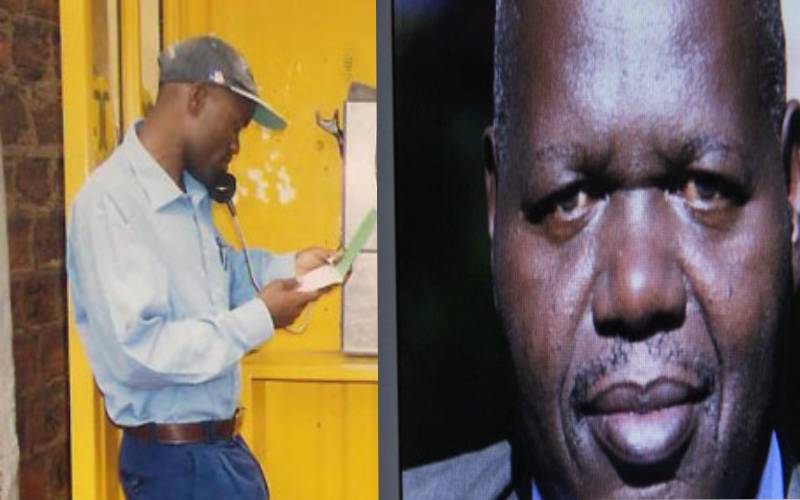×
The Standard e-Paper
Smart Minds Choose Us

Combination Photo of Kenyan Journalists Francis Nyaruri (L) and John Kituyi who were murdered in 2009 and 2015 respectively. [Photo Courtsy]
“When a journalist searches for truth, death often finds them instead,” the UNSECO website reads.